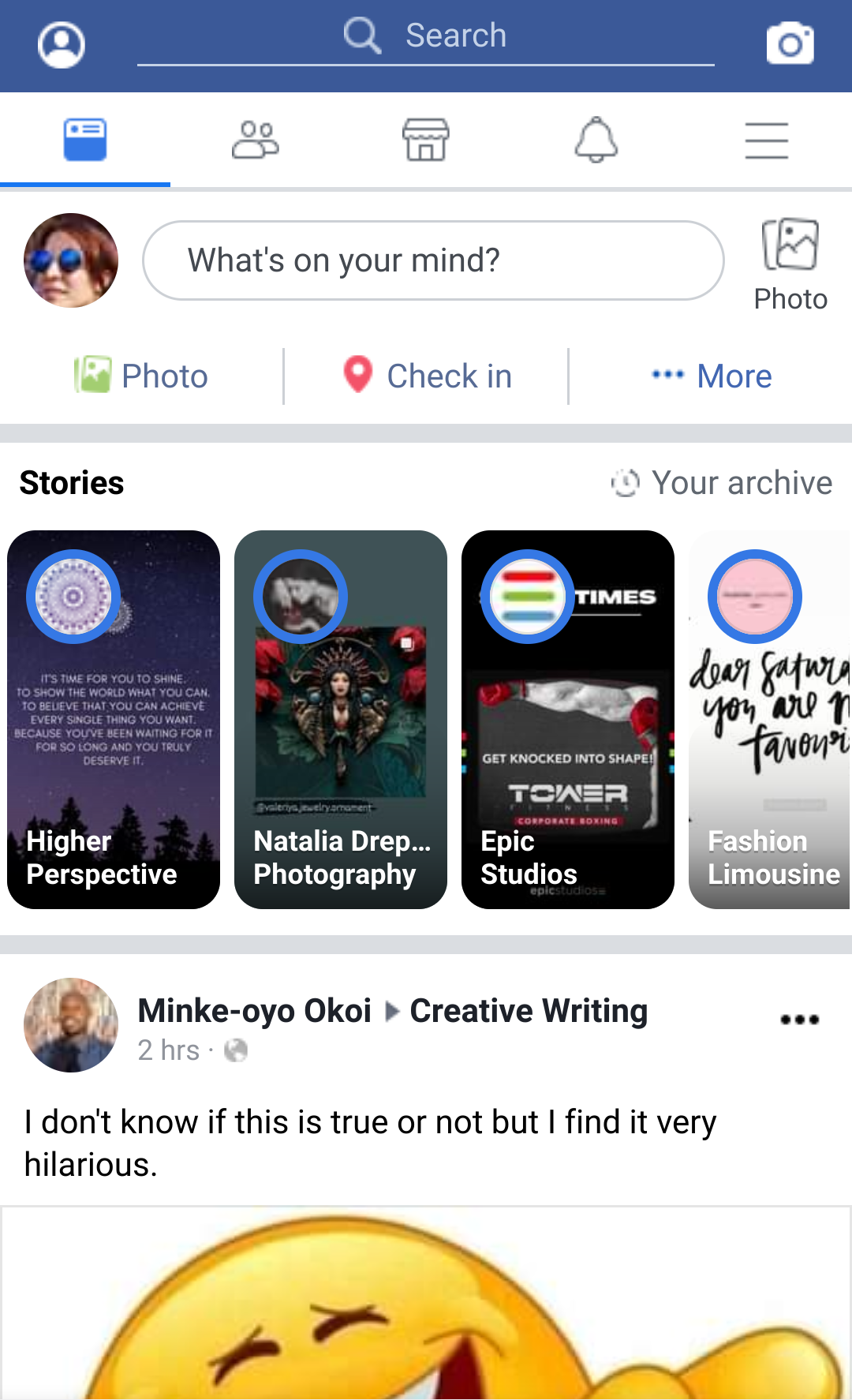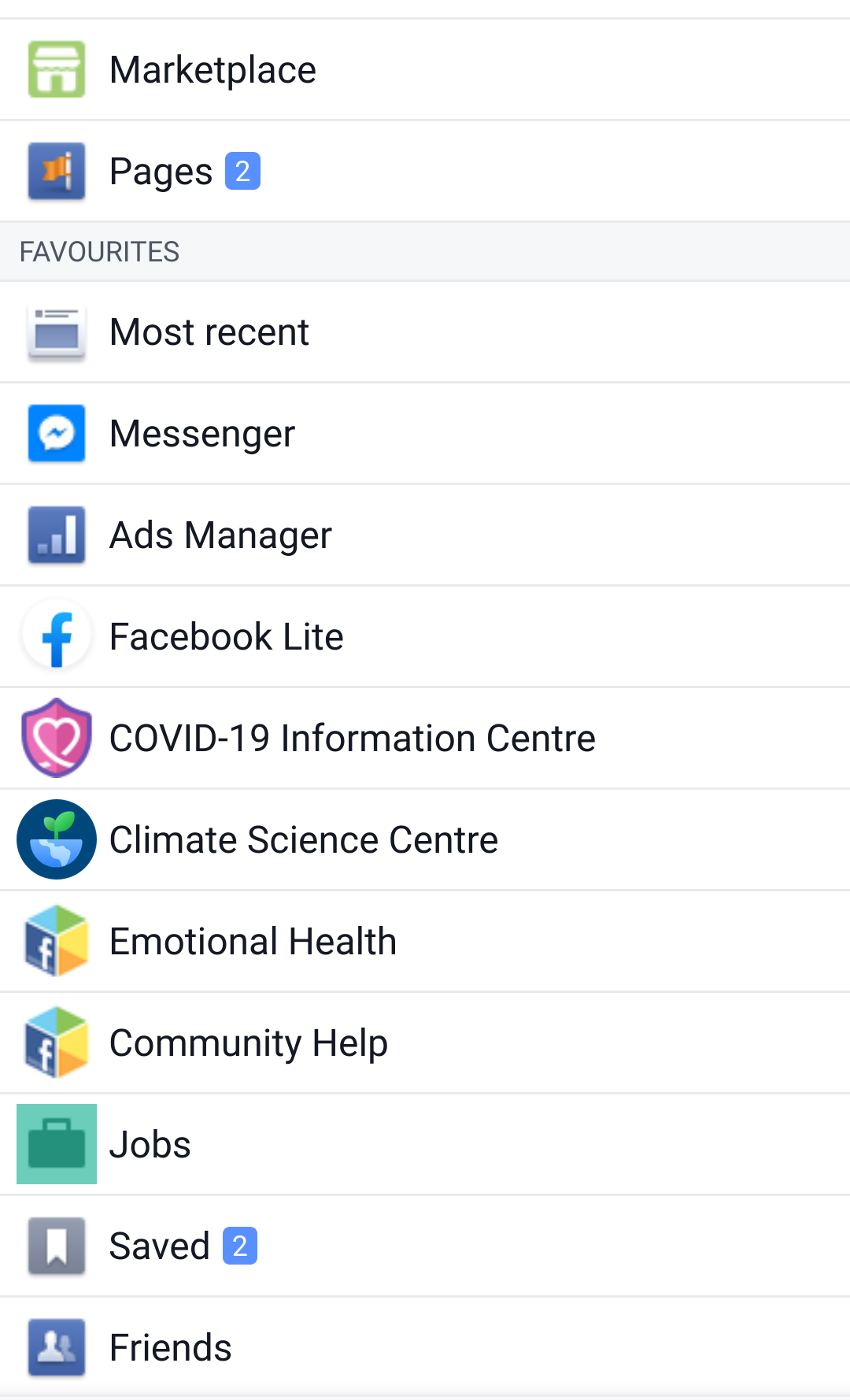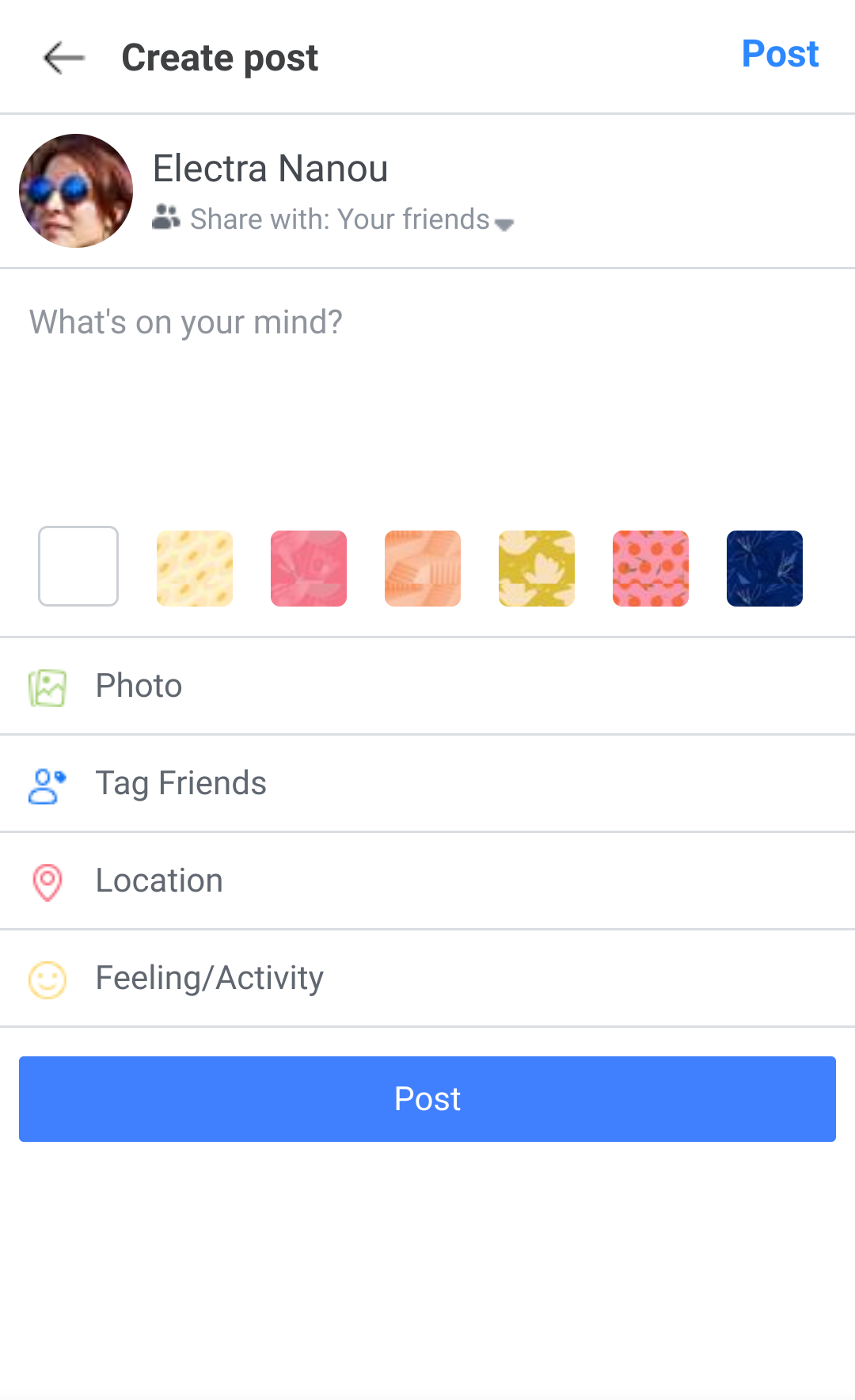
The Role of Touch in Enhancing Facebook Experience

The Role of Touch in Enhancing Facebook Experience
Facebook always looks for ways to improve itself and please both PC and mobile users. Over the years, the social media company has put aside many features in favor of something better, but Facebook Touch remains active.
This special version of the social media platform is still available for any touchscreen user who needs it. So, it’s a good idea to get to know what Facebook Touch is and whether it’s worth using at one point or another.
Disclaimer: This post includes affiliate links
If you click on a link and make a purchase, I may receive a commission at no extra cost to you.
What Is Facebook Touch and Why Was It Developed?
Facebook Touch arrived in 2009 to better accommodate people using touchscreen devices. It was basically a simplified mobile version of the website and, thanks to its smooth design and performance, a good alternative to the app.
The main question that lingers alongside Facebook Touch is why the company even kept the platform after the Android and iOS apps hit the market to great reception. The answer is simple: for a variety of options.
Related:The Metaverse vs. Virtual Reality: Key Differences
The more user-friendly versions of Facebook exist, the more it can serve people of different habits. And, despite global smartphone sales dropping from 1.5 billion units in 2019 to 1.3 billion the following year, the devices’ popularity is still very high and continues to grow, according toStatista .
So, Facebook created two efficient mobile variations of itself. This way, no matter what happens, members have access to the platform, whether through a browser or dedicated app.
Is It Worth Using Facebook Touch Today?
If you love the Facebook app and never have a problem with it, there’s no reason to use Facebook Touch. Under some circumstances, however, the web-based version can be ideal.
Let’s take a closer look at the pros and cons of the design.
Facebook Touch Is Mostly User-Friendly


Close
In appearance, Facebook Touch isn’t that different from the app, both looking like the website but with fewer tools.
That said, the main advantage of Facebook Touch compared to the app is that it’s browser-based, so everything you do is slightly faster. The navigation isn’t perfect, though.
Small and sometimes redundant icons, for example, make the interface feel cramped, blurry, and circuitous. Also, Facebook Touch doesn’t fix the menu at the top as you scroll down your feed or settings.
Overall, Facebook’s dedicated mobile app is better for a cleaner and more direct user experience.
The Quality of Audiovisuals Is High on Facebook Touch
Apps need a lot of energy to work properly. Subsequently, smooth and glitch-free performance often comes at the cost of image, video, and sound quality.
The Facebook app might also adjust its power distribution to maintain this balance from device to device.
Related:Key Image Sizes for Facebook, Twitter, and More
Using a mobile browser takes some energy, too, but not nearly as much. This means that your audiovisuals can be of a higher quality on Facebook Touch than they are on the app.
Facebook Touch Benefits Your Phone’s Battery and Space
Less energy consumption is a major advantage, especially on a busy touchscreen device. This is a key reason why Facebook Touch is worthwhile, if only to get more out of your smartphone, whether for work or everyday use.
Put simply, if you have too many apps taking up space and battery life, you can uninstall Facebook and still be able to use it just fine through your browser. The differences between versions are too small to be a problem.
Facebook Touch Is as Useful as the App


Close
All in all, the most essential Facebook features are available on both Touch and the app. Each version has its disadvantages, but at the end of the day, what you can do on one, you can do on the other as well.
Which is best depends on your circumstances. In the case of Facebook Touch, it’s ideal for users who like online programs, faster performance, good audiovisuals, and a lower chance of their phone or application crashing.
Facebook Touch Is Worth Using for Greater Productivity
Think about your needs as an individual or team. If Facebook Touch suits your workflow, it’s definitely worth your attention, but you need to get to know it before you can make a good decision.
In addition to its web-based capabilities, look at the Facebook tools you want and how many of them this mobile version can deliver. See if you can fully combine your smartphone and PC for the most productive use of your favorite social media platform.
Also read:
- [Updated] In 2024, Navigating the Best Practices for FB Video Advertising
- 2024 Approved The Underdog's Playbook Livestream YouTube on Smartphones, No Million Followers
- Behind the Scenes of Your Facebook Footsteps: An Analytical Journey Through Social Engagement
- Breaking Down the Essentials in Meta's Privacy Adjustments
- Discerning Intel Processor Generation Using Windows Tactics
- In 2024, Everything You Need to Know about Lock Screen Settings on your Nokia C02
- Strategies to Unlock Stalled Recordings
- Transforming Text to 3D: The Advent of AR in Social Messaging
- Two Ways to Sync Contacts from Samsung Galaxy M34 to Gmail | Dr.fone
- Weekends Boosted by Facebook’s Live Shopping Fridays
- Title: The Role of Touch in Enhancing Facebook Experience
- Author: Michael
- Created at : 2025-02-10 17:24:22
- Updated at : 2025-02-15 05:25:16
- Link: https://facebook.techidaily.com/the-role-of-touch-in-enhancing-facebook-experience/
- License: This work is licensed under CC BY-NC-SA 4.0.